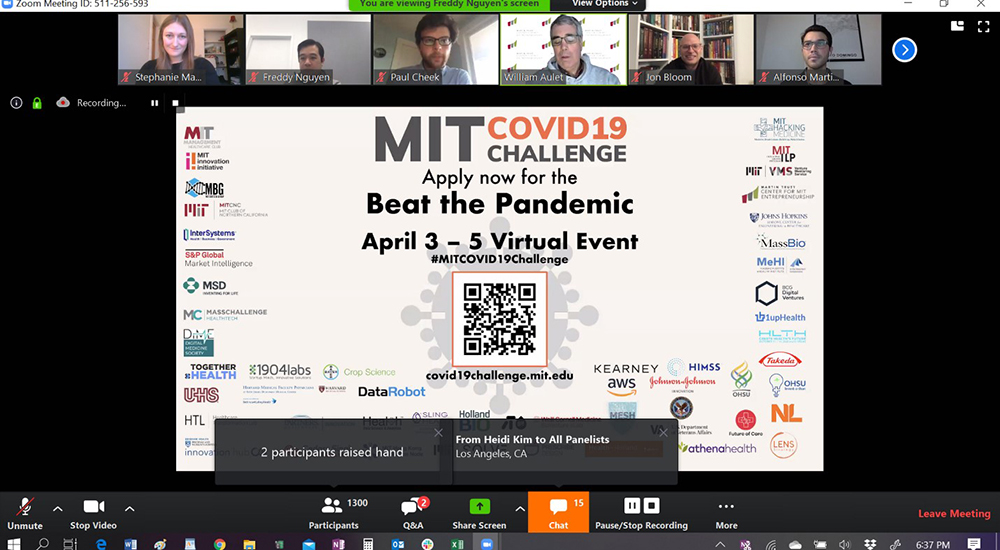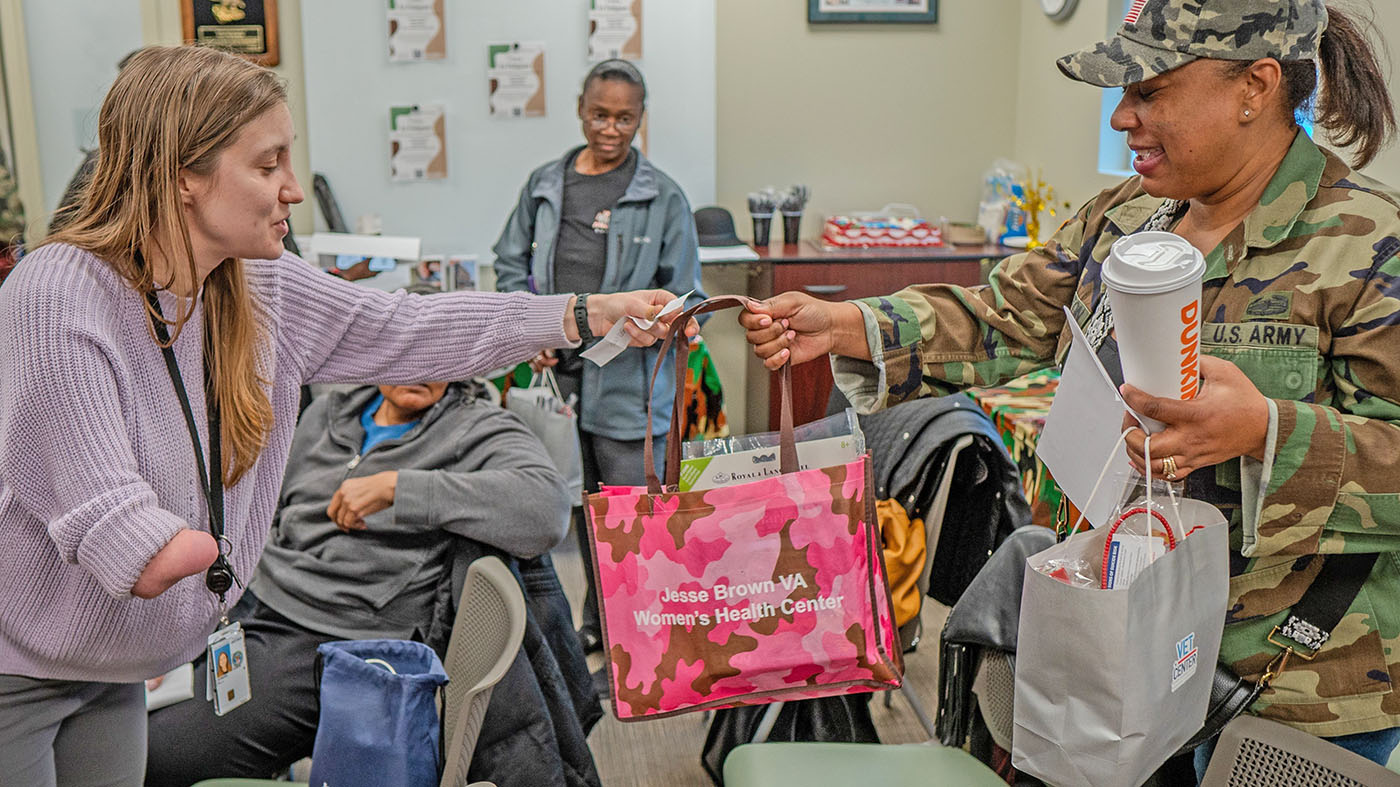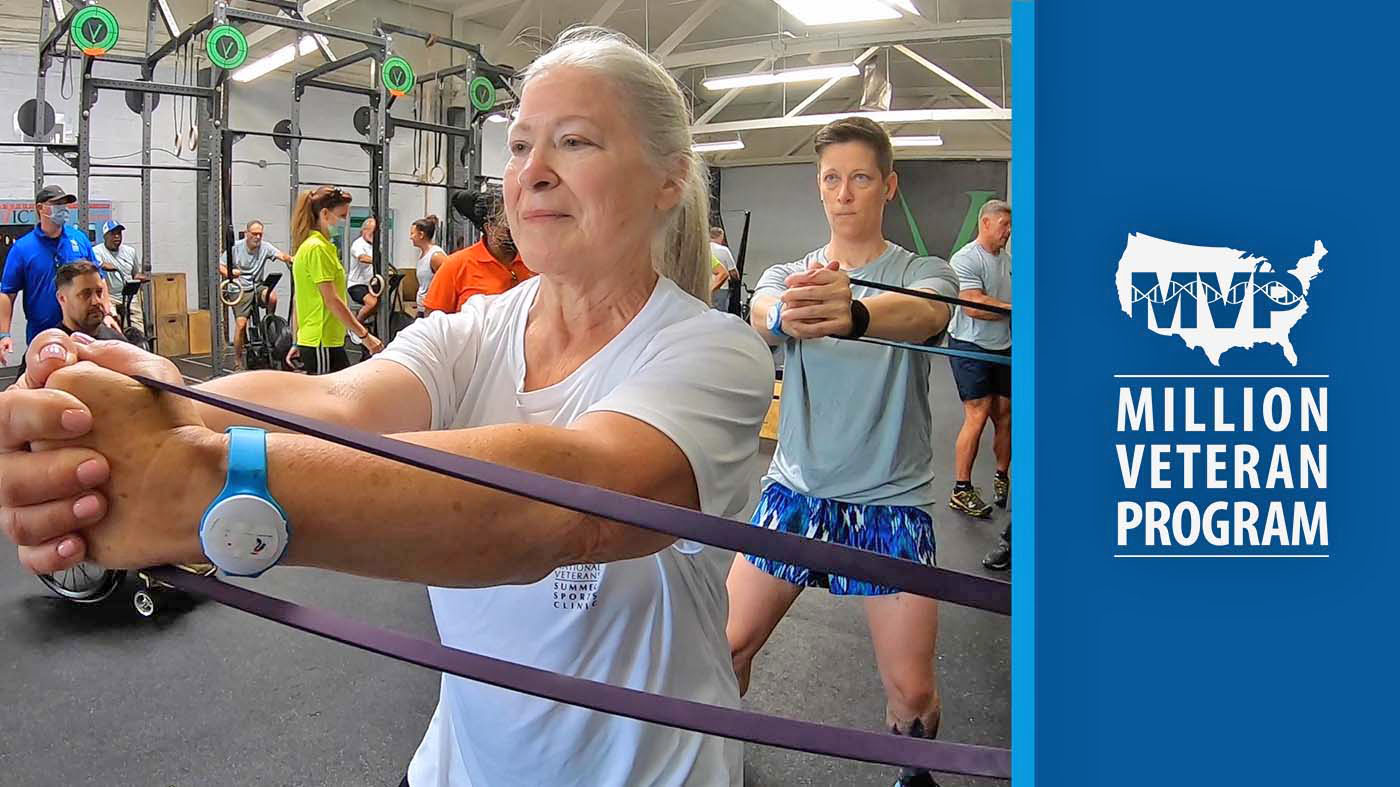The COVID-19 pandemic requires innovative thinking and problem solving right now. Hackathons are a powerful tool to address these challenges. Earlier this month, VA partnered with MIT and a host of other organizations to put on the MIT COVID-19 Challenge “Beat the Pandemic” Hackathon.
Over 1,400 innovators – leaders in academia, industry and healthcare – came together virtually to develop, design, and solve the most pressing problems facing both vulnerable populations and the health care systems taking care of them.
Powerful display of collaboration and innovation
Winning solutions included:
- a telehealth platform that can help monitor COVID-19 patients in their home
- self-assessment triaging for patients at home
- a way for multiple patients to use a single ventilator
- a platform that connects those in quarantine with livestreams across the country
- a platform that delivers the latest innovations and medical advice to help hospitals navigate the crisis
- a method for disseminating COVID-19 information to rural clinicians more rapidly
“It was a powerful display of incredible collaboration and innovation in the collective fight against a common enemy. I left the weekend with a newfound hope in our ability to not just help the Veterans we serve but beat the pandemic entirely,” said Suzanne Shirley, VHA Director of Partnerships & Community Engagement.
Participants challenged to help with key decisions
The VA team offered challenges related to immunity testing and tracking. Participants were challenged to think about how a large health care system like VA might enable meaningful data on COVID immunity in an effort to keep patients and employees safe from exposure, informed about their immunity status, and to make key workforce decisions for essential staffing throughout the enterprise.
Focusing on 10 different tracks, the teams worked throughout the weekend to develop their innovations and develop implementation plans. The result was 235 innovations, 40 of which were selected as winners. These winners will have the opportunity to co-develop and implement their solutions with event partners, including VA.
For teams whose solutions showed promise in tackling some of VA’s toughest COVID-19 challenges, the Veterans Health Administration Innovation Ecosystem will collaborate in further design and development. The solutions developed during the hackathon will be tested, piloted, and scaled through partnerships with VA, bringing the best practices to Veterans as rapidly as possible.
Expanding the hackathon into health care
Originally developed for computer programmers to figure out difficult programming challenges, hackathons have expanded into a plethora of fields, including health care. During a hackathon, participants form teams and tackle specific challenges in a short period of time, often only a couple of days, with the goal of creating a working practice or program by the end. The sprint-like development of solutions often results in innovative ideas and creations as participants spend sleepless nights putting together implementable plans and ideas.
Traditional hackathons, which VHA IE participates in regularly, see participants come together from all over the country to develop solutions to some of health care’s biggest challenges. VHA IE held this hackathon virtually, with teams working together through electronic meetings, and it engaged participants from across the globe. The new element of virtual teams did not stop the innovation and ideas from taking shape, all of which included proof of concepts, prototypes, and preliminary vision for execution.
You can learn more about VHA IE and how it is using innovation to help Veterans and the public during the COVID-19 pandemic here.
Topics in this story
More Stories
Navy Veteran and president of the American Medical Association got a colonoscopy and encourages other Veterans to do the same.
Chicago Vet Center and VA gave women Veterans information on VA services available to them.
MVP’s research informs personalized care for Veterans, supporting whole health and beyond.







